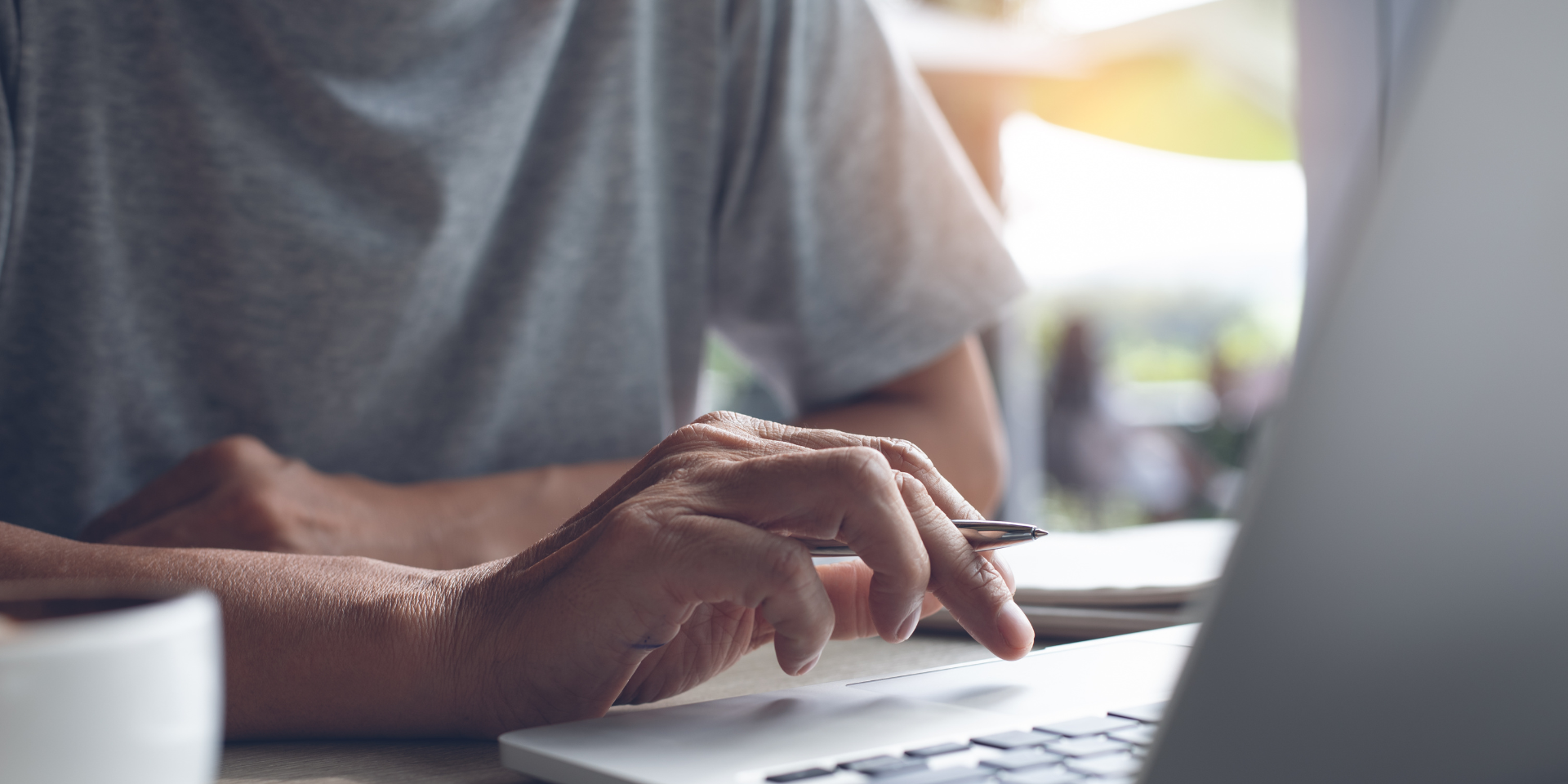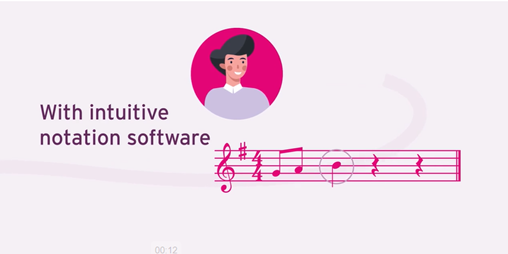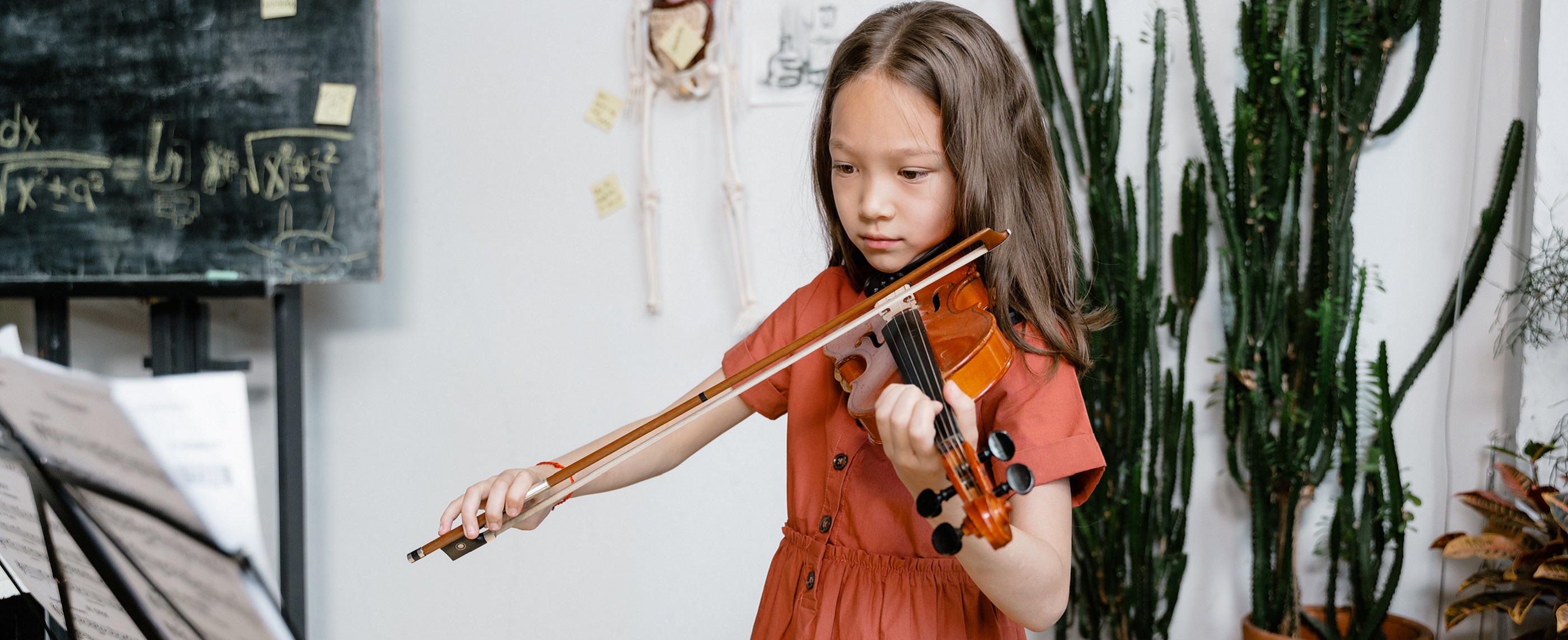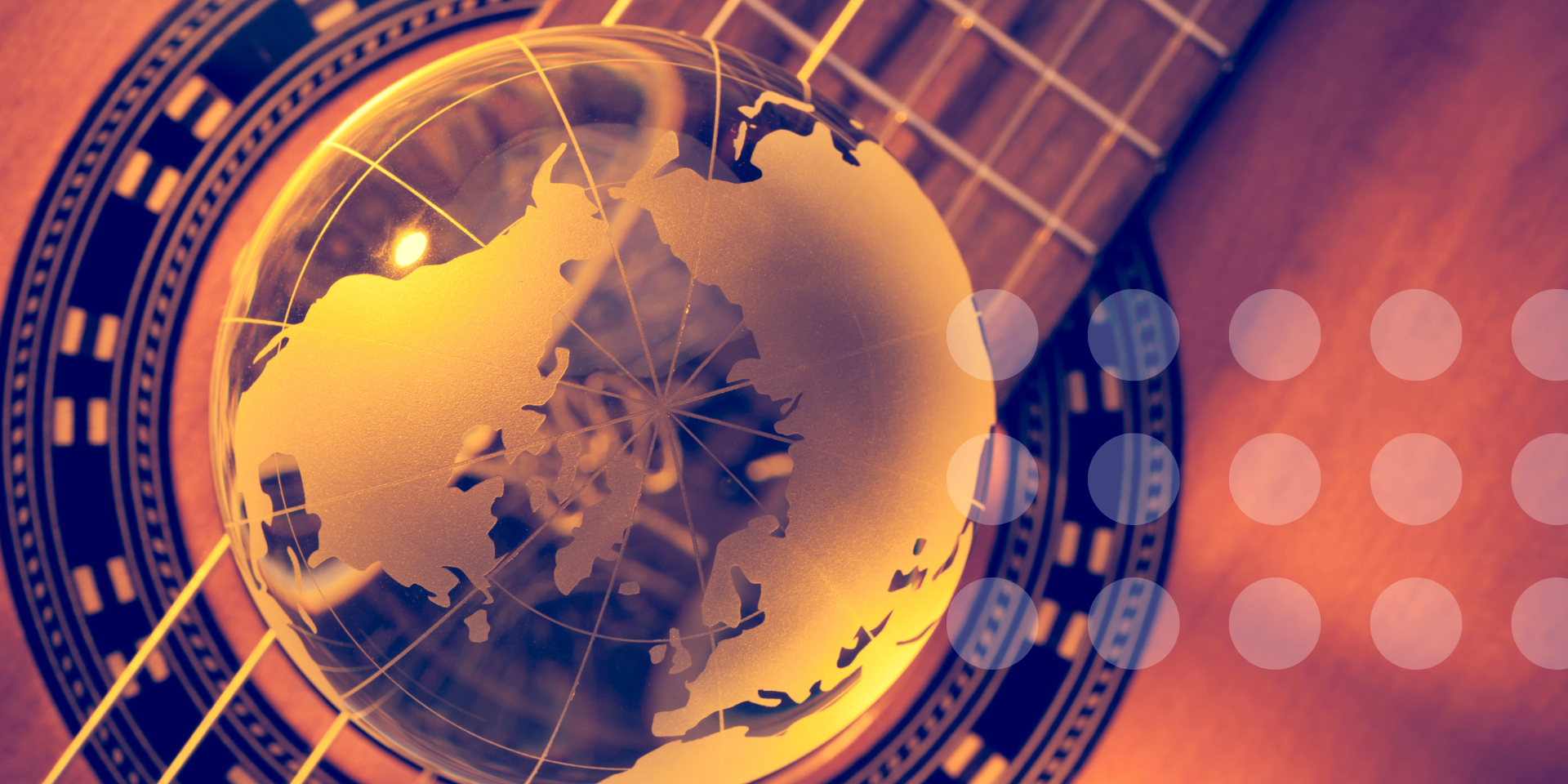
Introducing Trinity’s digital music theory exams

BY: Amy Lee
22 November 2023
We’re really excited to announce the launch of our new Digital Music Theory exams for Grades 1-8, allowing you to take the test on demand from the comfort of your home, or any quiet, convenient location, and gain a regulated qualification. We’ve preserved the format of the written exams (which we continue to offer), and so the Digital Music Theory exam gives you more flexibility and is another way you can be in control of your exam experience. Alongside our current Theory workbook series, we have new support resources, and a free digital practice area so you can become accustomed to the new setup. Read on for all the details you will need before booking your test!
Introducing the digital theory platform
Trinity’s Music Theory exams assist learners in developing key areas of musicianship through an understanding of the conventions of Western notation. These include areas such as melody, rhythm and harmony, composition and arranging, aural development and creative musical skills. The exams are designed in a way to enable learners to apply this knowledge and understanding to broader musical endeavours such as performing, composing, improvising and being informed listeners.
Trinity’s new digital theory exams utilise a customised version of the industry-standard Flat.io notation platform, which works directly in a web browser. You can answer the usual theory questions presented in our tests which are presented in a range of formats, some requiring notation entry, which is achieved through a simple interface allowing notes, rests, dynamics and articulations to be entered and edited easily. You can familiarise yourself with the platform and answer sample questions in our free online practice area. 
Since the exams are on demand, students can enrol for the exam when they feel ready (instead of having to wait for a fixed exam date), and can take the test at a convenient location, such as at home or in a classroom at school. They are therefore a more accessible option for many candidates, avoiding the need to travel to an exam centre to take an exam: you just need a computer with a microphone and webcam, an internet connection and the Google Chrome browser. No special software needs to be installed, but you will need to set up your room and computer before beginning the test, in line with the Candidate’s Guide. As with all our music exams, special considerations for candidates with special needs or disabilities can be applied for on our website.
Proctoring, or invigilation, is delivered through the computer on which the candidate is taking the exam. In order to ensure the integrity and security of the exam environment, candidates are required to enable their computer camera and microphone for the duration of the exam. You will receive pop-up notifications if someone else is visible in the room, or if you open other documents on your computer, or switch tabs on your web browser. Make sure you’re following the candidate’s guide linked above which gives advice on proctoring flags (p. 9). You can also read this page for more information on the proctoring of digital music theory exams.
How to book and results
Booking for the digital theory exams is simple: just head to our new platform. On this page you will be directed to the booking platform where you can select your digital theory exam grade, fill in the booking form and make payment. You will then receive a confirmation email and log in details for the theory platform and have 28 days to take the test. Please note, booking is currently open to candidates in India, South Africa, Sri Lanka and the United Kingdom.
Once your exam has been marked by the usual theory marker panel, your total score will be displayed in the applicant’s dashboard. It is also easy to keep track of previous exam results in the personal dashboard area. You will be awarded a regulated digital certificate if you pass the exam, which will arrive in the certificate account area within 14 days after taking your exam. You can read more about digital certificates and ways you can prepare sustainably for your Trinity music exams in this blog.
Support Resources
We have a range of resources to assist you in preparing for taking your Digital Music Theory exam. The Candidate’s Guide, as mentioned, will assist you in preparing logistically for the exam, with details on proctoring. You can read more about the digital notation software, and practice on this page of our website. You can also check out our website to see examples of the question types and how to use the notation tools. You can also purchase Theory past papers and model answers from the ebook store.


.jpg)

Comments & Replies